According to the new proposal, individual business households with revenue under 200 million VND/year will be exempt from value added tax (VAT).

On October 29, the National Assembly met and discussed the draft revised Law on Value Added Tax (VAT). The draft contains important content related to the threshold of non-taxable revenue.
Examining this content, Chairman of the National Assembly's Finance and Budget Committee Le Quang Manh said that there were opinions suggesting that the Law stipulate a threshold level of revenue not subject to VAT. There were opinions suggesting that the threshold level of revenue be stipulated in the Law and that the National Assembly Standing Committee be given the authority to adjust it or that the Government be given specific regulations. There were opinions suggesting that it be kept as in the draft Law submitted at the 7th Session (assigning the Government to stipulate the threshold level of revenue not subject to tax) to ensure flexibility and initiative.

Regarding this issue, the Standing Committee of the National Assembly believes that it is necessary to amend and adjust the regulations on the threshold of annual revenue not subject to VAT. As stipulated in the Law, it aims to establish a clear legal basis and ensure compliance with the Constitution's provision that "state budget revenues and expenditures must be estimated and prescribed by law".
According to Mr. Le Quang Manh, accepting the opinions of National Assembly deputies, the National Assembly Standing Committee proposed to revise and regulate: Goods and services of households and individuals doing business with annual revenue of 200 million VND or less.
"In case the consumer price index (CPI) fluctuates by more than 20% compared to the time this Law takes effect or the time of the most recent adjustment, the Government shall submit to the National Assembly Standing Committee to adjust the revenue level in this clause in accordance with the socio -economic development situation of each period," said Mr. Manh.
5% VAT on fertilizer?
Another issue that has received much attention is the imposition of a 5% tax rate on fertilizers. Chairman of the Finance and Budget Committee Le Quang Manh said he agreed with the Government's draft law, changing fertilizers from being tax-free to being subject to a 5% tax rate.
There are other opinions suggesting keeping the current regulations because of concerns that imposing a 5% tax will increase the price of fertilizers on the market and farmers will be directly affected, affecting the cost of agricultural products.
With this content, the National Assembly Standing Committee stated that VAT on fertilizers was amended in 2014 in the VAT Law, changing from being subject to a 5% tax rate to being tax-free.
However, in reality, in recent times, this policy has had a very negative impact on domestic fertilizer production enterprises.
Because the input VAT of these enterprises is not deductible, it must be accounted for in costs, including very large input taxes on investment and purchase of fixed assets, causing domestic production costs to increase, making it impossible to compete with imports.
On the contrary, imported fertilizers benefit because they are currently subject to a 5% tax and are converted to non-taxable and are still fully refunded for input VAT.
Therefore, during the recent past, the Ministry of Industry and Trade, the Ministry of Agriculture and Rural Development, the State Audit, the National Assembly delegations of Bac Giang, Ca Mau, Binh Dinh, Hai Phong, Nam Dinh, Tien Giang provinces... and fertilizer associations, fertilizer manufacturing enterprises have continuously proposed to change fertilizer products from non-VAT subject to 5% tax rate.
This recommendation has also been included in the task of reviewing the system of legal documents by Government agencies and the National Assembly.

Some opinions are concerned that when fertilizers are taxed at 5%, farmers will be directly affected if domestic enterprises collude with traders to sell imported goods, raising the selling price including the VAT payable, increasing the price level of fertilizers, leading to increased agricultural production costs.
Some National Assembly deputies analyzed that imported fertilizers when sold may have their prices increased corresponding to the VAT costs that must be paid, but the proportion of imported fertilizers currently accounts for only 27% of the domestic market share. Therefore, the selling price of imported fertilizers must also be adjusted according to the market level when domestically produced fertilizers have a tendency and room for price reduction, because input VAT can be deducted or refunded, which will cut costs and lower production costs.
At the same time, fertilizer is currently a commodity whose price is stabilized by the state, so the competent authorities can use market management measures and strictly handle cases where domestic fertilizer production enterprises take advantage of newly issued policies, collude with private traders to commit acts of profiteering, causing large fluctuations in market prices, affecting the agricultural sector.
Therefore, to address the shortcomings in policies for the fertilizer production industry in recent times, the National Assembly Standing Committee requests to keep the bill as it was submitted by the Government to the National Assembly at the 7th Session.
At the 7th Session, in the draft revised Law on Value Added Tax (VAT), the Government proposed to change fertilizer from being tax-free to applying a tax rate of 5%.
Source


![[Photo] Readers line up to visit the photo exhibition and receive a special publication commemorating the 135th birthday of President Ho Chi Minh at Nhan Dan Newspaper](https://vphoto.vietnam.vn/thumb/1200x675/vietnam/resource/IMAGE/2025/5/17/85b3197fc6bd43e6a9ee4db15101005b)
![[Photo] More than 17,000 candidates participate in the 2025 SPT Competency Assessment Test of Hanoi National University of Education](https://vphoto.vietnam.vn/thumb/1200x675/vietnam/resource/IMAGE/2025/5/17/e538d9a1636c407cbb211b314e6303fd)



![[Photo] Prime Minister Pham Minh Chinh chairs meeting on science and technology development](https://vphoto.vietnam.vn/thumb/1200x675/vietnam/resource/IMAGE/2025/5/17/ae80dd74c384439789b12013c738a045)
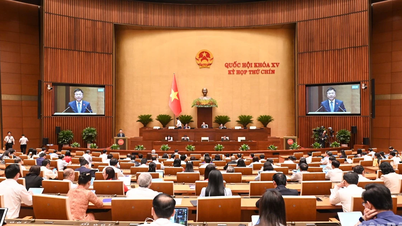

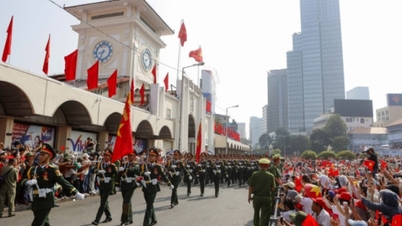
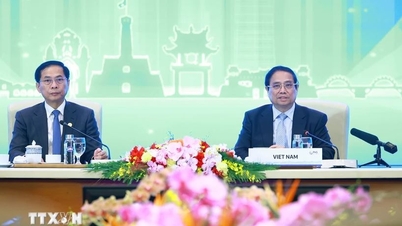

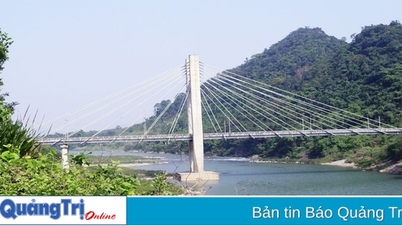



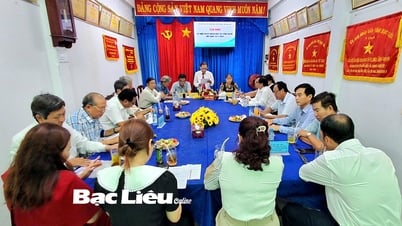
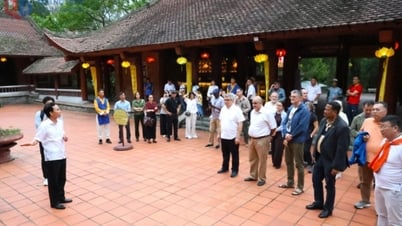




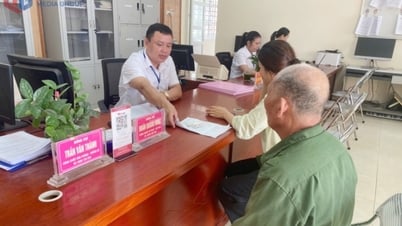





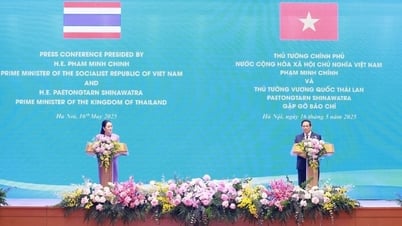


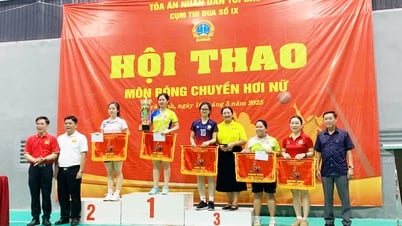

![[Photo] Nearly 3,000 students moved by stories about soldiers](https://vphoto.vietnam.vn/thumb/1200x675/vietnam/resource/IMAGE/2025/5/17/21da57c8241e42438b423eaa37215e0e)









































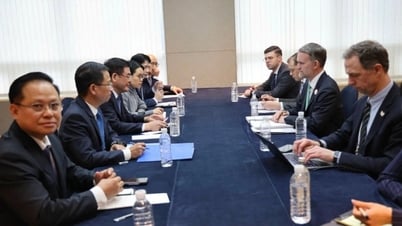













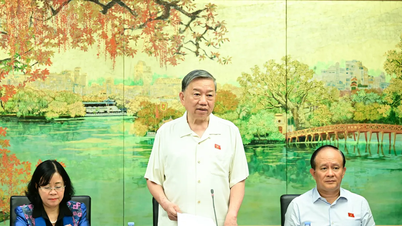
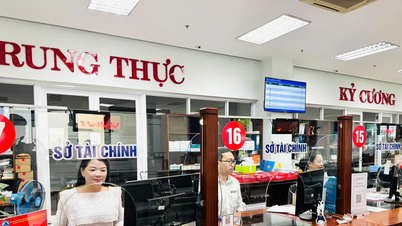
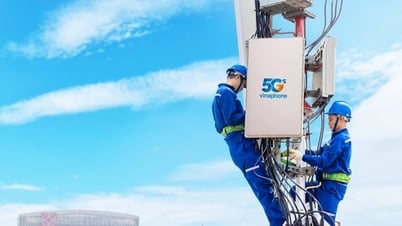

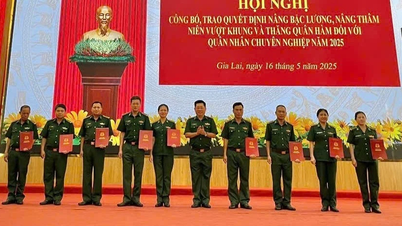










Comment (0)